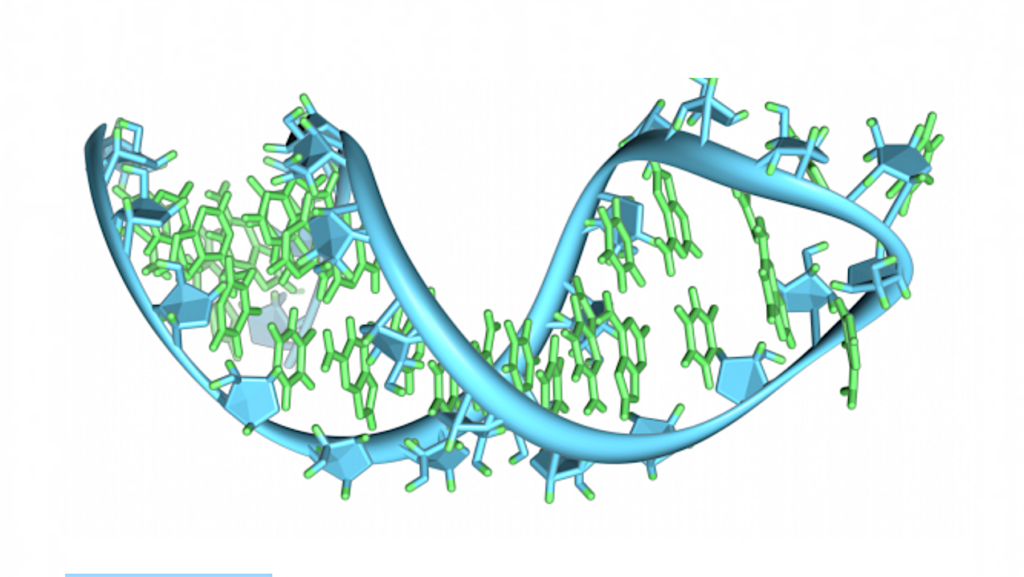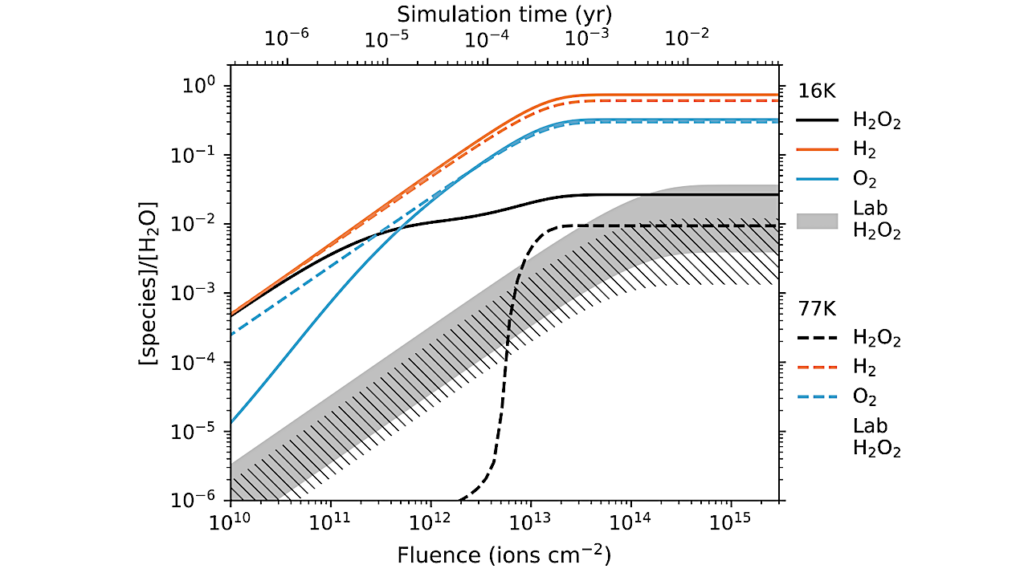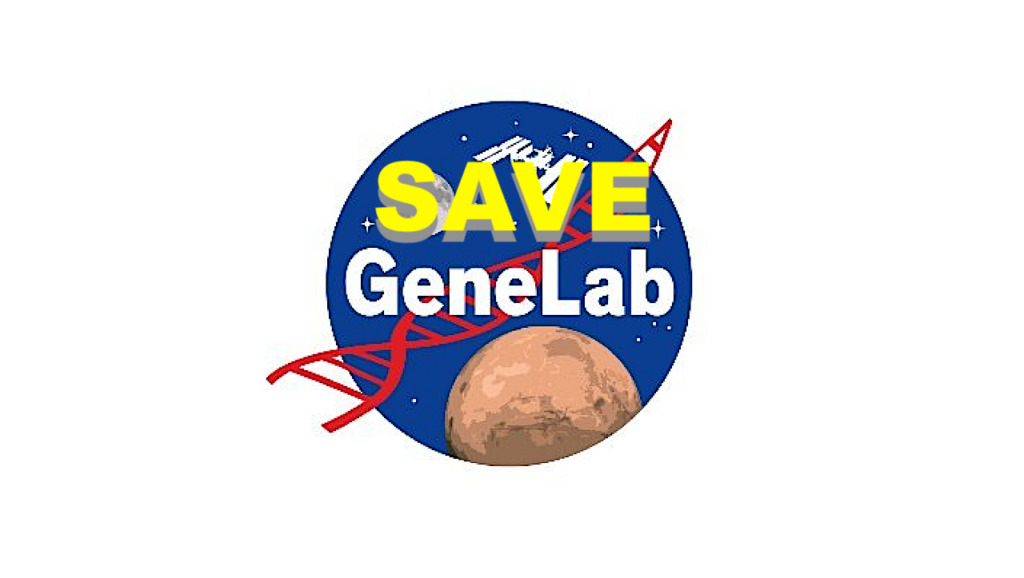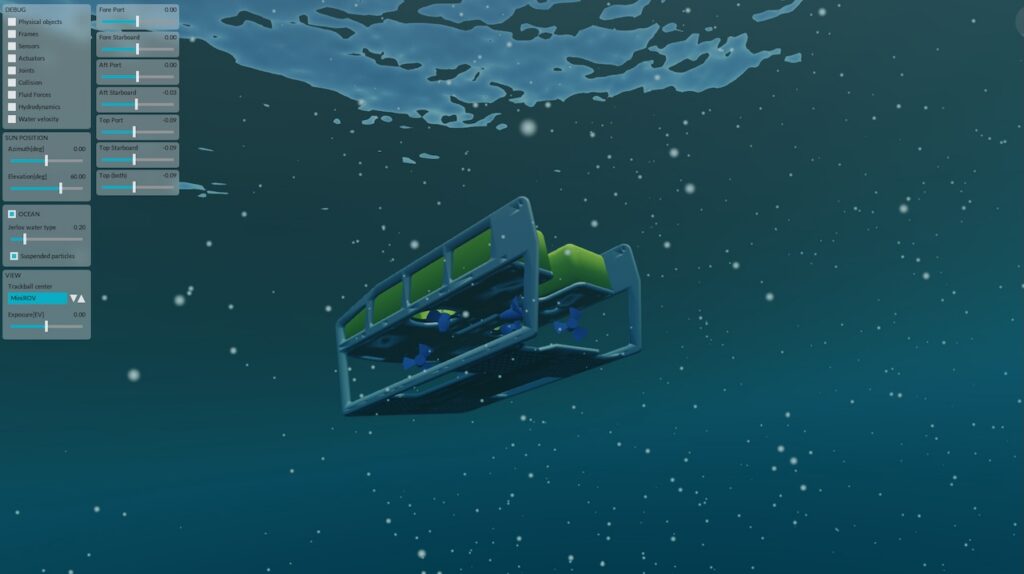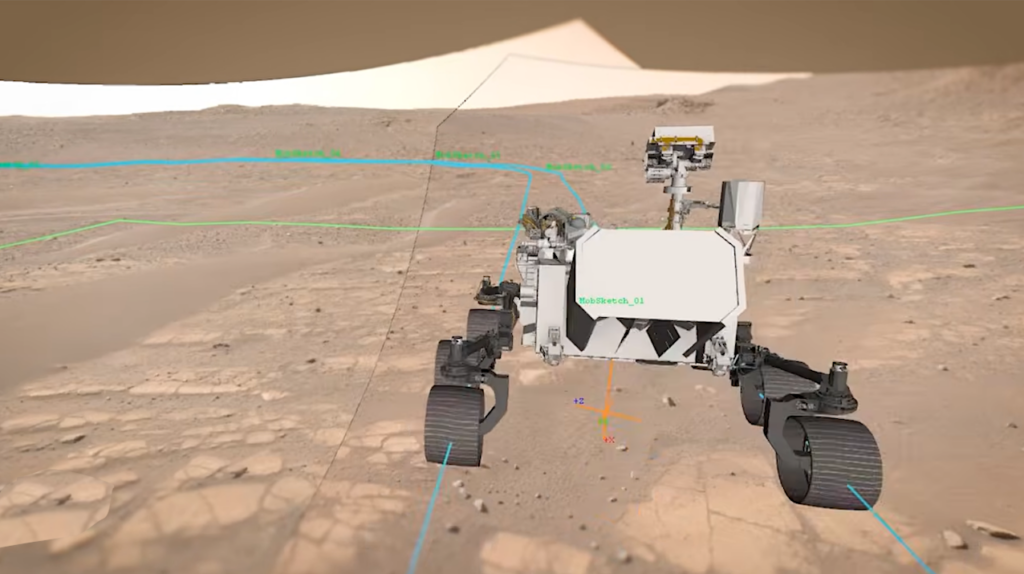Multiplicity Boost Of Transit Signal Classifiers: Validation of 69 New Exoplanets Using The Multiplicity Boost of ExoMiner

Most existing exoplanets are discovered using validation techniques rather than being confirmed by complementary observations.
These techniques generate a score that is typically the probability of the transit signal being an exoplanet (y(x)=exoplanet) given some information related to that signal (represented by x). Except for the validation technique in Rowe et al. (2014) that uses multiplicity information to generate these probability scores, the existing validation techniques ignore the multiplicity boost information. In this work, we introduce a framework with the following premise: given an existing transit signal vetter (classifier), improve its performance using multiplicity information.
We apply this framework to several existing classifiers, which include vespa (Morton et al. 2016), Robovetter (Coughlin et al. 2017), AstroNet (Shallue & Vanderburg 2018), ExoNet (Ansdel et al. 2018), GPC and RFC (Armstrong et al. 2020), and ExoMiner (Valizadegan et al. 2022), to support our claim that this framework is able to improve the performance of a given classifier. We then use the proposed multiplicity boost framework for ExoMiner V1.2, which addresses some of the shortcomings of the original ExoMiner classifier (Valizadegan et al. 2022), and validate 69 new exoplanets for systems with multiple KOIs from the Kepler catalog.
Hamed Valizadegan, Miguel J. S. Martinho, Jon M. Jenkins, Douglas A. Caldwell, Joseph D. Twicken, Stephen T. Bryson
Subjects: Earth and Planetary Astrophysics (astro-ph.EP); Instrumentation and Methods for Astrophysics (astro-ph.IM); Artificial Intelligence (cs.AI); Machine Learning (cs.LG)
Cite as: arXiv:2305.02470 [astro-ph.EP] (or arXiv:2305.02470v1 [astro-ph.EP] for this version)
https://doi.org/10.48550/arXiv.2305.02470
Focus to learn more
Submission history
From: Hamed Valizadegan
[v1] Thu, 4 May 2023 00:24:27 UTC (1,840 KB)
https://arxiv.org/abs/2305.02470
Astrobiology


